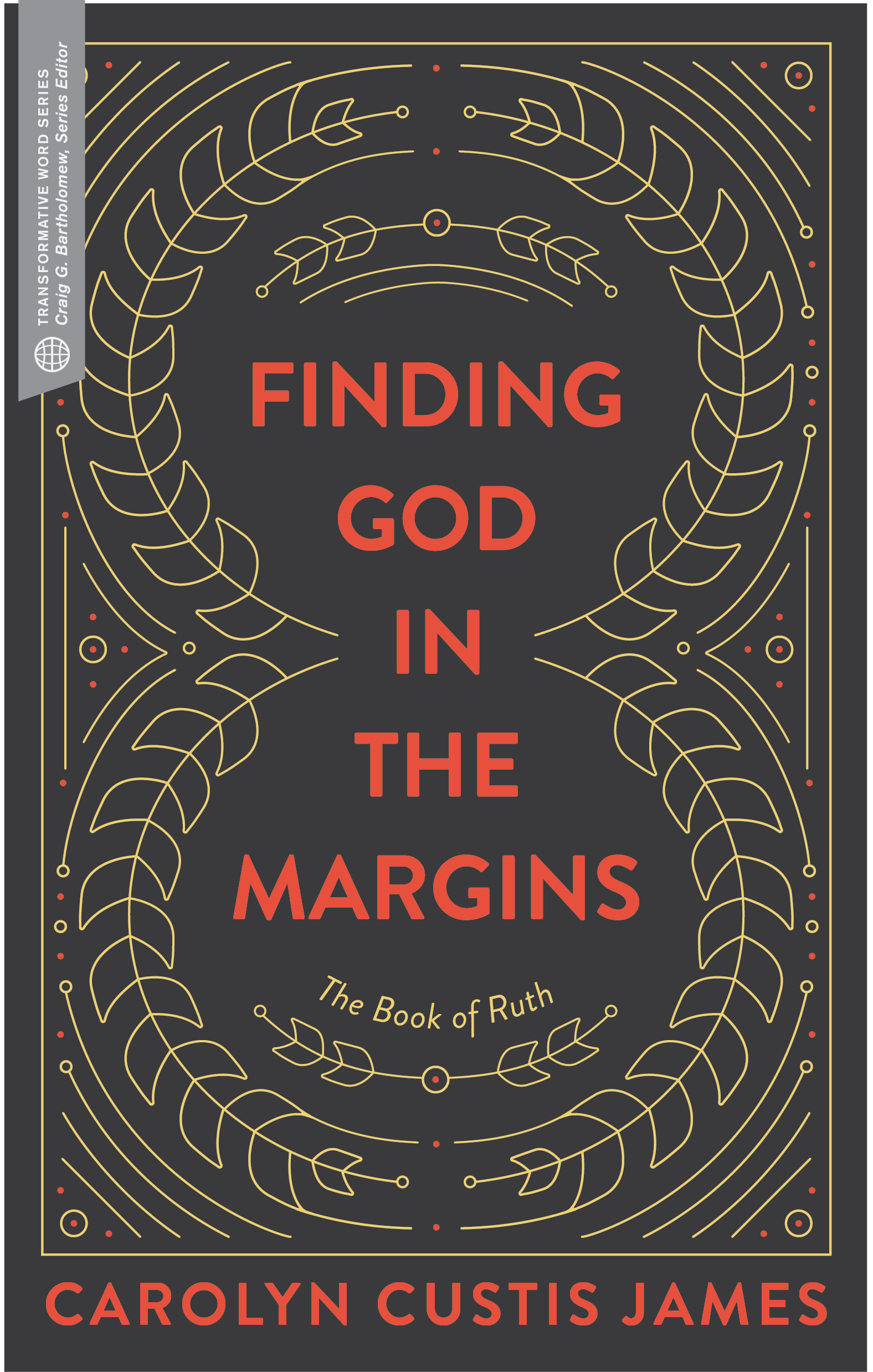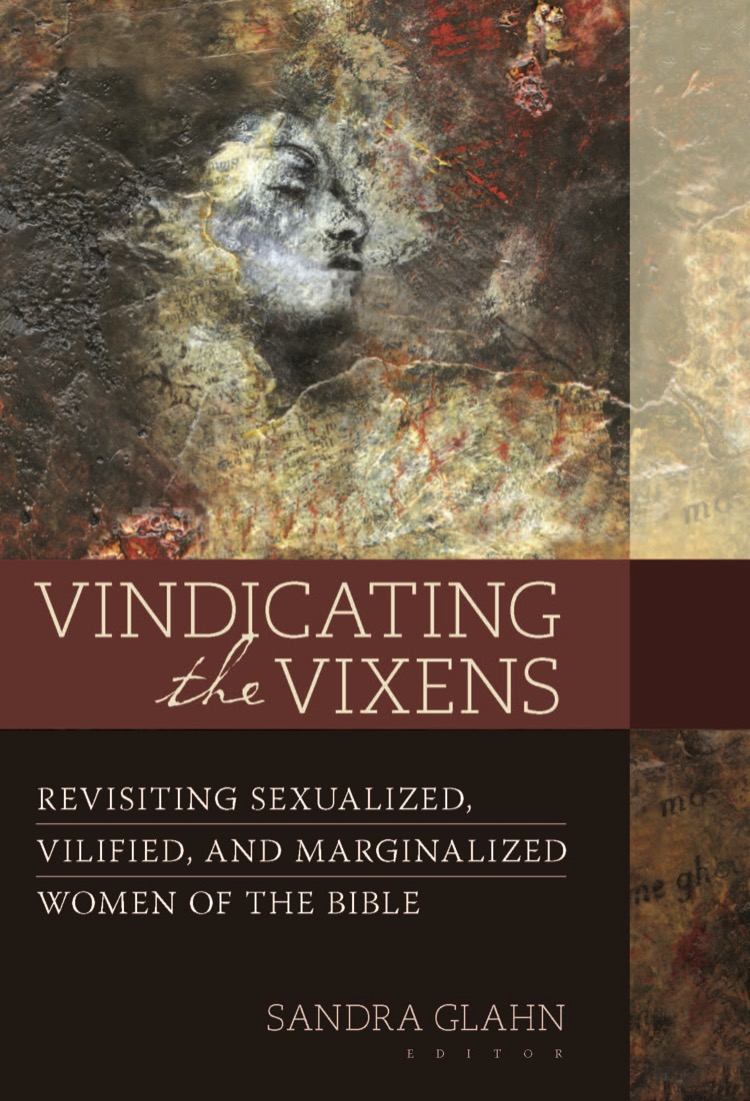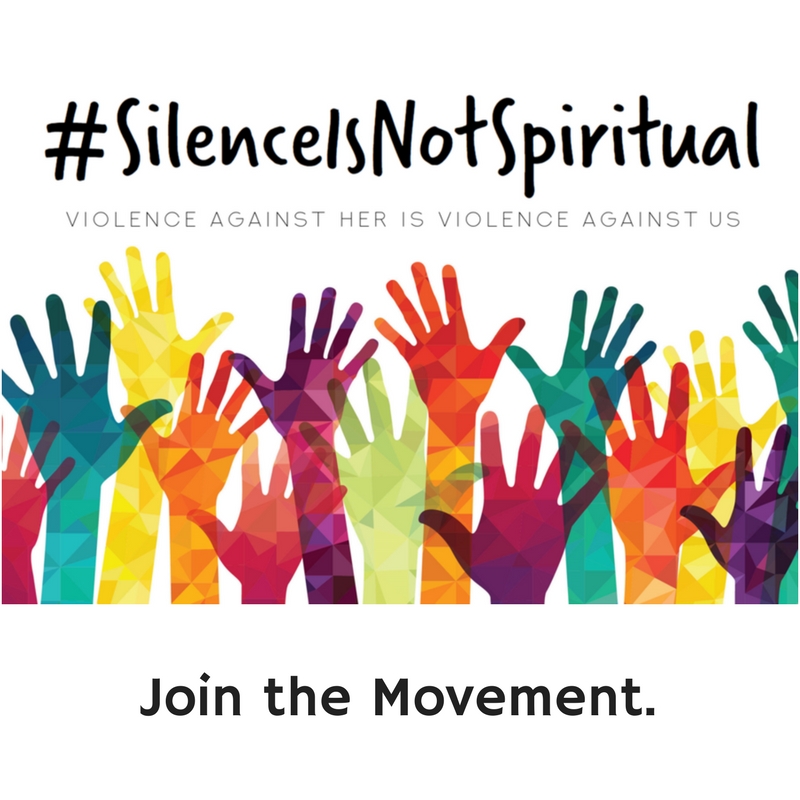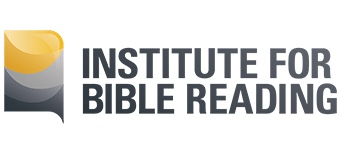 When it comes to comparisons, Benjamin Franklin and Boaz the Bethlehemite have a lot in common.
When it comes to comparisons, Benjamin Franklin and Boaz the Bethlehemite have a lot in common.
Both occupy prominent spots in their country’s history. Both were powerful leaders in political matters and left their mark on human history. And both made unequivocally outrageous statements about women.
When it comes to their opinions regarding the fairer sex, however, the contrast between them couldn’t be more pronounced.
Benjamin comes off sounding like a Neanderthal, especially by today’s standards.
Boaz, on the other hand, was a man ahead of his time. His words and actions were radically counter-cultural, even by today’s standards. Probably no one was more surprised to hear what he said about women than Boaz himself.
The current #MeToo/#ChurchToo uprising puts both men’s words in the spotlight.
Benjamin Pontificates about Women
My historian husband Frank is currently reading Walter Isaacson’s Benjamin Franklin: An American Life. No matter what book he reads, he’s is always more than willing to share juicy morsels with me from his reading—especially quotes that have me rolling my eyes.
The latest was this priceless gem of advice for women from the famous Philadelphia patriot. Isaacson writes:
Among [Franklin’s] rules, avoid all thoughts of managing your husband, never deceive him or make him uneasy, accept that he “is a man not an angel,” “resolve every morning to be good-natured and cheerful,” remember the word “obey” in your marriage vows, do not dispute with him, and “deny yourself the trivial satisfaction of having your own will.” A woman’s power and happiness . . . “has no other foundation than her husband’s esteem and love.” Therefore, a wife should “share and soothe his cares, and with the utmost diligence conceal his infirmities.” And when it comes to sex: “Let the tenderness of your conjugal love be expressed with such decency, delicacy and prudence as that it may appear plainly and thoroughly distinct from the designing fondness of a harlot” (80).
That last bit makes me wonder how an upright decent man would be able to distinguish between his wife and “the designing fondness of a harlot.” But then Benjamin wasn’t exactly above reproach when it came to his relationships with women.
It also raises questions as to how freely otherwise respectable men mistreat and exploit prostitutes as though they were some lower form of humanity. The majority of prostitutes have been trafficked, sometimes as little girls, or reduced to prostitution as the only option available to provide for their families.
I think of Jericho’s Rahab whose embrace of Yahweh prompted her to commit treason by harboring Israelite spies and to risk her life to save her family. In Victor Hugo’s Les Misérables, Fantine is forced into prostitution to support her little daughter. Then there’s Dostoyevsky’s Sonya in Crime and Punishment, whose self-sacrificing goodness caused my eyes to float in their own tears.
Following Franklin’s advice will never give a woman the kind of backbone required to stand up to abuse or injustice, to make choices for herself, or to cultivate the kind of strength, wisdom, and forthrightness a man truly needs from his wife and closest ally.
As the country mourns the loss of former First Lady Barbara Bush and 41’s fiercely committed ally, I am mindful of the wise counsel she gave one of his colleagues in the White House: “Don’t hurt my husband. But don’t let him do something he shouldn’t.”
Boaz Breaks with Patriarchy in Bethlehem
The woman Boaz encountered violated the worldly-wise advice Ol’ Ben offered women, and it was a good for him that she did. Ruth’s power and satisfaction came from bucking the system to fight for Naomi and from challenging Boaz’s long-held convictions in earthshaking, life-changing ways. Everything she said made him uneasy and pushed him to think in new and creative ways of living faithfully before God.
Her reference point for the risks she took wasn’t any man’s “esteem and love,” but her fierce love for Naomi and her embrace of Naomi’s God. Ruth refused to accept the culture’s inadequate provision for her suffering mother-in-law. She embraced and boldly exercised her will despite her low status as an undocumented field worker, the patriarchal culture’s expectations for women, and the obvious risks involved.
In every encounter, Boaz was dumbfounded.
At his barley field, it is no secret that he is awed by her stunning choice to stick with Naomi despite the inevitable adversity involved. He prays in public that Yahweh will reward her richly for her actions.
At the threshing floor, Boaz is bowled over when Ruth presents him with her plan to rescue Naomi’s dying family that lacks the essential male heir. He calls her a woman hayil (3:11)—the same Hebrew word used to describe him as a “man of valor” (2:1).
Some Bible translations downsize hayil to “noble character,” “excellence,” “worthy,” or “virtuous” when it applies to a woman. But we have good reason to believe that “a woman of this caliber had all the attributes of her male counterpart.”[1]
Boaz certainly wasn’t confused when he regarded her with such esteem. Within the context of the ancient male-centered patriarchal culture his remark is mind-blowing. It would be one thing to speak of Queen Esther or Mary of Nazareth with such superlative language. But Ruth? The social disparity between her and Boaz is about as extreme as it gets. He resides at the top of Bethlehem’s power pyramid. She lives at the bottom. As a female, an immigrant, a widow, a gentile from a pagan background, impoverished, barren, and with only a desolate older widow to call family—culturally speaking Ruth status is below zero. She lives in the margins.
Yet without a single alteration in her demographics, Boaz affirms her as his equal. It is radical. It is revolutionary. It is gospel. It couldn’t strike a sharper contrast with Ben Franklin’s view of a woman.
Men do say the darnedest things.
[1] R. Laird Harris, Gleason L. Archer Jr., Bruce K. Waltke, eds., Theological Word Book of the Old Testament (Chicago: Moody Bible Institute, 1980), 1:271–72.















